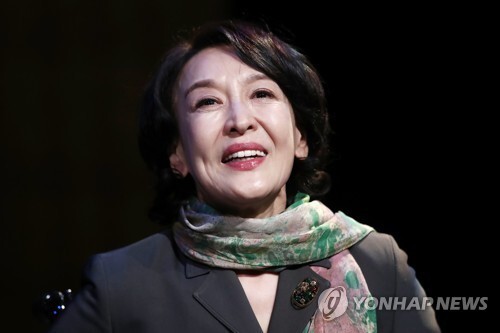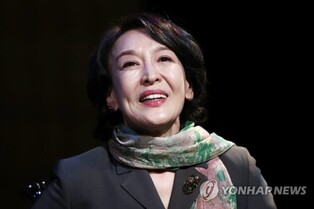dailies-editorials (2)
(EDITORIAL from Korea Times on August 1)
Impact of US rate hikes
Preemptive action needed to ensure stability
The U.S. interest rates have become higher than South Korea's since the U.S. Federal Reserve raised the federal funds rate by 75 basis points Wednesday for the second month straight to tame inflation. Now the rate stands at a target range of 2.25 percent to 2.5 percent, compared with Korea's 2.25 percent. The Fed's aggressive money tightening is putting more pressure on the Bank of Korea (BOK) to ramp up its benchmark rate.
The BOK is expected to increase its key rate by 25 basis points next month to put the rate on par with the U.S. The central bank has raised the rate six times since last August. The latest hike came last month when it took an unprecedented "big step" action to push the rate up by 50 basis points to bring runaway inflation under control. Yet it is unlikely to repeat the big step in August, given potential downside risks.
The problem is that Korea finds it ever more difficult to get ahead of the U.S. as far as the interest rates are concerned. In other words, the county is in a position to trail the U.S. rate hikes. The Fed is highly likely to raise the federal funds rate by another 70 basis points in September. If that happens, Korea cannot avoid a further fall of the local currency against the U.S. dollar. This will also raise concerns about capital outflow from the country as foreign portfolio investors go in search of higher returns.
A weaker Korean won is feared to drive up import prices of crude oil as well as other natural resources and materials, causing more inflationary pressure. To stem the further depreciation of the won against the dollar and prevent a capital outflow, preemptive interest rate hikes are imperative. However, Korea is concerned about the impact of higher rates: an economic slowdown or recession as well as a growing interest payment burden on individual and corporate borrowers. A further rate hike, though inevitable, could dampen consumption and investment, leading to an economic slump.
Hinting at raising the interest rate again in September, Fed Chair Jerome Powell downplayed the risk of the U.S. economy plunging into a recession. But, the International Monetary Fund (IMF) revised down its 2022 economic growth outlook last week to 3.2 percent from the previous 6.1 percent. It also lowered Korea's outlook to 2.3 percent from the 2.5 percent it projected in April.
We should take seriously what Prime Minister Han Duck-soo said Thursday: The U.S. rate hike is expected to have a considerable effect on the export-oriented Korean economy and people's lives. There were three times when the U.S. interest rate surpassed Korea's. The last case happened between 2018 and 2020 when 7 trillion won ($5.3 billion) of foreign capital flowed out of the country amid the won's weakness and a plunge in stock prices. It is not the time for the country to only hope that the Fed's move will have a limited impact on the local financial market, as Finance Minister Choo Kyung-ho said. Make thorough preparations for any consequences of soaring inflation and monetary tightening.
(END)
(C) Yonhap News Agency. All Rights Reserved























![[가요소식] 존박, 8년만 단독 콘서트](/news/data/20251222/yna1065624915961730_125_h2.jpg)











